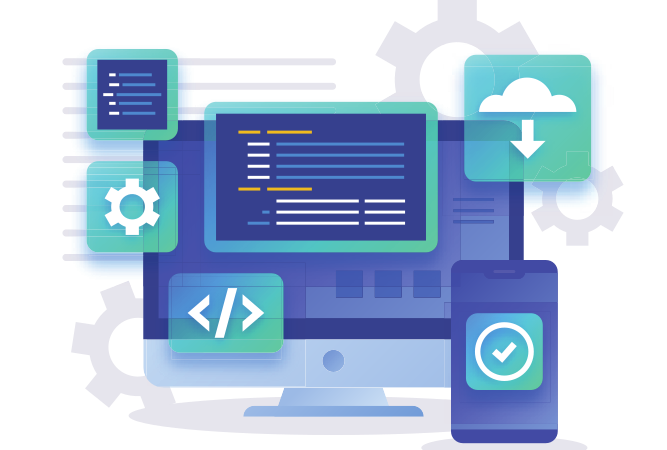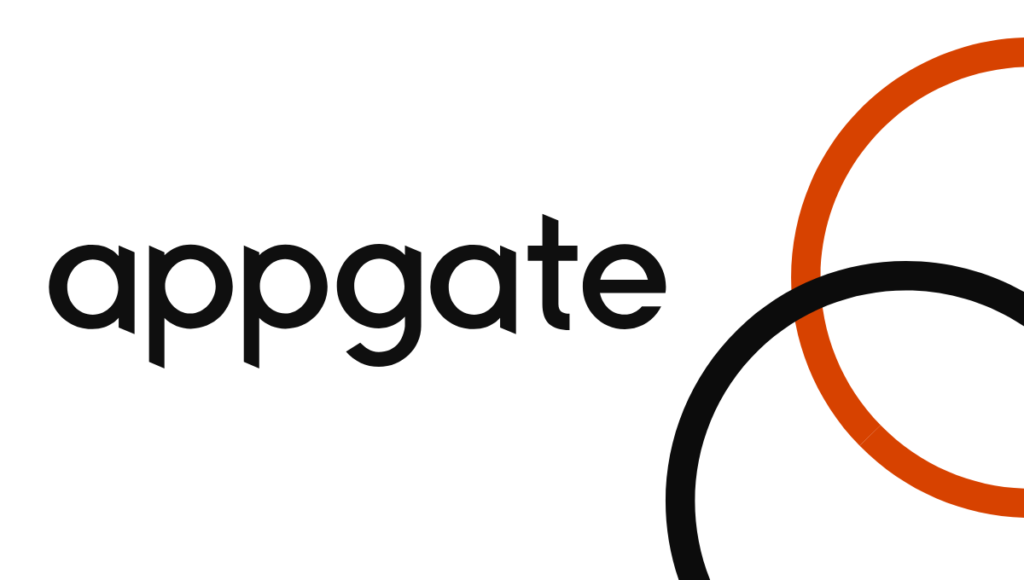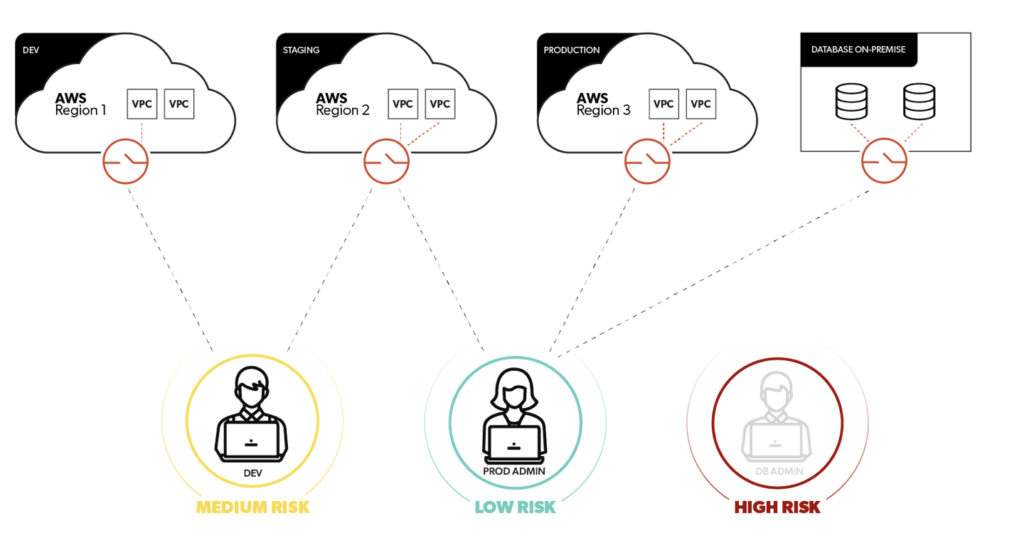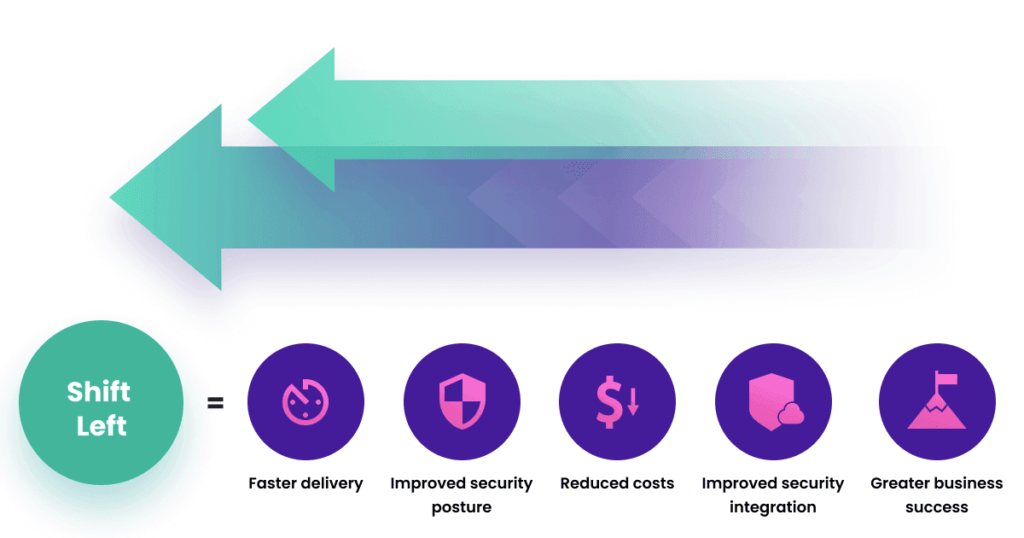- Support:+971 4 3364 840
- Email:[email protected]
- Locations:Dubai • Riyadh • Bangalore

Security Operations across Hybrid Clouds
Managed SoC and Threat Intelligence with SOAR is an essential requirement with the digital transformation and adoption of cloud native applications. Enterprises needs cloud security with 24*7 security operations with threat analytics and vulnerability management. Enterprises must have a strategic approach to security and invest in people and technology that must include:
Security Assessment and Design
Services include scoping, risk identification, risk analysis, risk evaluation and documentation.
Automation for Continuous Compliance
Run automated, continuous multi-cloud, account-level configuration, and compliance checks based on industry standards and best practices, such as the Center for Internet Security (CIS) Foundations.
Network and Infrastructure Security
Network Infrastructure Security, typically applied to enterprise IT environments, is a process of protecting the underlying networking infrastructure by installing preventative measures to deny unauthorized access, modification, deletion, and theft of resources and data.
How can we help?
Vulnerability Assessment and Penetration Testing

This includes all applications hosted on any cloud or on premise which are publicly accessible.
This includes all applications hosted on any cloud or on premise which are only accessible internally. These may be in private subnets or restricted to a closed set of users accessing from a specific location or IP.
This includes the security assessment of the Cloud Accounts and can be based on standards such as CIS Framework.
Zero Trust Network Access

People-Defined Security
Appgate SDP is an industry-leading ZTNA solution that helps enterprises remove implicit trust and the attack surface from the network. Legacy network security solutions like traditional VPNs, next-generation firewalls (NGFW) and network access controls (NAC) were not designed for today’s dynamic perimeter and sophisticated threats resulting in vulnerabilities and complexity. Appgate SDP is a powerful Zero Trust network security platform capable of securing any user, any application, on any platform, in any location. It continuously and dynamically adjusts access based on network, app, user, and device context and risk.
Appgate SDP delivers fine-grained access control adjusting access automatically based on changes in context while hiding all cloud resources—except those that the user is authorized to see. By making all other instances invisible, enterprises can simplify their security infrastructure, while granting access with confidence.
Appgate SDP policies make access decisions based on attributes from the person—user device, anti-virus, department, group membership, app permissions; the environment—location, time, security posture; and the infrastructure—network analytics, security groups,tags,hostnames.It’sdynamicandscriptableandencrypts one-to-one connections between the user and instance and dynamically responds to the creation or termination of IaaS server resources. Every new instance is automatically traced and added or removed from the access filter.

Security Partnerships
Shift Left Security
At the core of the shift left approach, it is the idea that processes need to shift earlier in the software development process, where the developers are. By moving steps like testing and security to the development stage, fewer mistakes are allowed to pass through advanced stages of the Software Development Lifecycle. It usually means less work for QA and less remediation costs for business.
